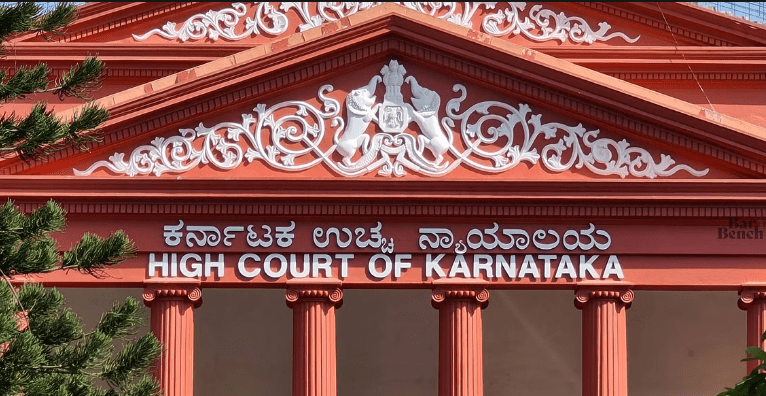
Innoviti filed a patent infringement lawsuit against Pine Labs involving its point-of-sale (POS) terminal technology, and the Karnataka High Court recently revoked an interim temporary injunction against Pine Labs by the trial court in Innoviti Payment Solutions v. Pine Labs.
Justice SR Krishna Kumar issued the ruling on the grounds that the suit’s patent only applied to CVS/servers and excluded or did not encompass POS machines. As a result, the plaintiff had not proven that any act of infringement had occurred.
The order stated, “I am of the opinion that the plaintiff has not been successful in establishing that the defendant has committed any act of infringement of the suit patent of the plaintiff.” It added, “In the absence of any material to either establish that the CVS of the defendant or its functionality or working is identical or similar to the CVS/Server of the plaintiff.”
According to the single judge, the plaintiff’s assertion that the POS device is protected by the lawsuit patent was patently untrue and should be disregarded.
According to what was previously said, “This contention/allegation of the Plaintiff is obviously false, as the Plaintiff does not have any patent over the POS machine, regardless of its functionality, or the CVS covered by the suit patent.”
The plaintiff had previously filed a case with the Additional City Civil and Sessions Court, which granted them a temporary restraining order and sent the case to the High Court.
In order to enable UPI and other QR-based cashless payments, the plaintiff claims that the technology in the patent cited in the lawsuit relates to a novel and inventive transaction-specific unique QR code-based solution that may be used on existing credit or debit card POS terminals.
It was asserted that the plaintiffs discovered the defendants were advertising a new product called “Plutus Smart” based on their patented technology after the patent was awarded in their favour in 2019.
However, the defendants contend that the plaintiffs’ innovation was neither original nor imaginative, especially in light of the fact that an earlier patent for a product very similar to the one under dispute had already been awarded in the United States of America and other nations.
After reviewing the evidence, Justice Kumar concluded that the plaintiff lacked any legal or patent protection for the POS machine, its operation, or its functionality, and that the suit’s patent only applied to the server/CVS, which consists of the processor, its memory, and its operation.
The Court emphasised that the plaintiff had to show that the defendant’s CVS/server was functionally identical to or substantially comparable to the plaintiff’s suit patent, which included the CVS/server, in order to establish infringement, which it had failed to do.
“I am of the considered opinion that the plaintiff has failed to establish infringement of the suit patent by the defendant,” the court stated. “In the absence of any legal or acceptable material placed by the plaintiff in this regard.”
For the plaintiff, Senior Attorney KG Raghavan and Attorney Saurab Anand appeared.
The defendant was represented by Senior Advocate Uday Holla, Advocate Maneesha Kongovi, and Essenese Obhan of Obhan & Associates.
Thus, The Innoviti’s assertion that the POS device is protected by the lawsuit patent, according to the Court, is patently untrue and should be disregarded.
SUBMITTED BY NEHA A. PARDESHI ON 8th APRIL, 2023





0 Comments